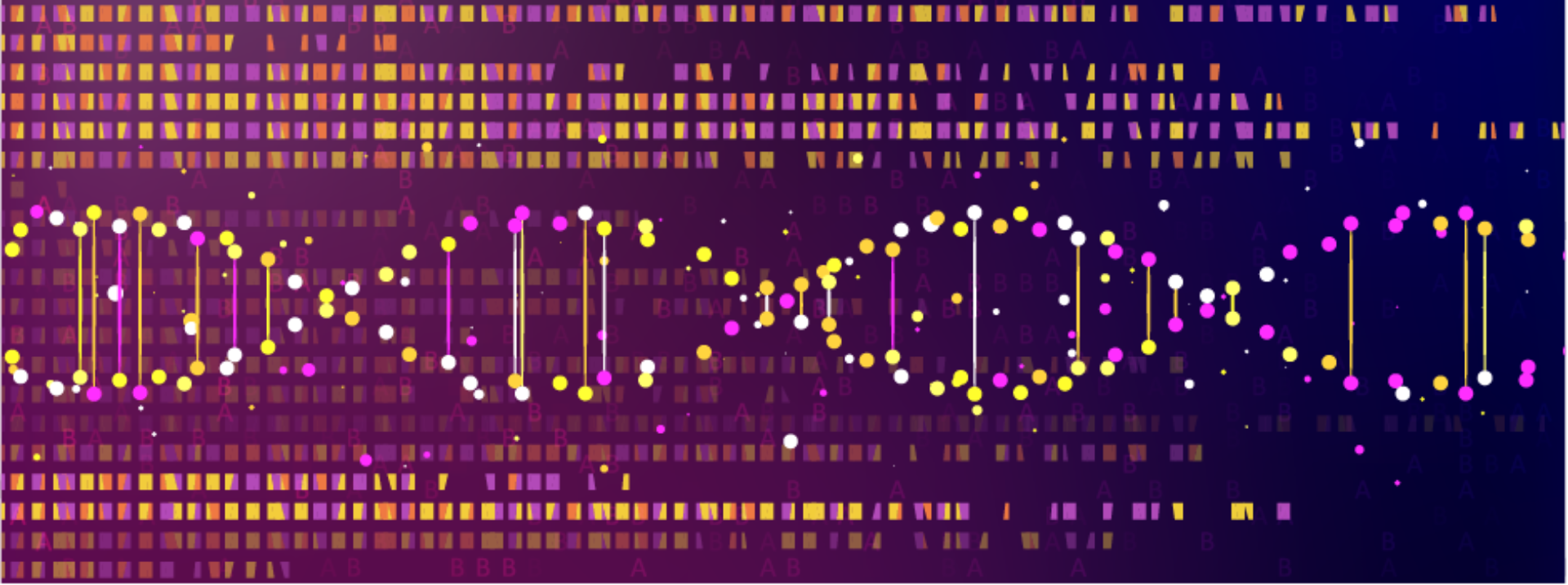Scientists Use Onyx Platform to Parse Antibiotic Persistence Patterns
In a new publication in Molecular Biology and Evolution, scientists from the VIB Center for Microbiology and KU Leuven in Belgium report using the Onyx™ platform for a fascinating look at antibiotic persistence. This is the first paper describing the use of Inscripta’s technology in independent labs — a major milestone for those of us who conceived and built the platform and are now watching it go out into the world.
“Population bottlenecks strongly affect the evolutionary dynamics of antibiotic persistence” comes from lead author Etthel Windels, senior authors Bram Van den Bergh and Jan Michiels, and collaborators. The publication explores evolution of bacterial persistence in the face of antibiotic stress. “In this study, we used a combination of experimental evolution and barcoded knockout libraries to examine how population bottlenecking affects the evolutionary dynamics of persistence,” the scientists write.
Understanding the mechanisms behind bacterial persistence is urgent as the epidemic of drug resistance worsens. “Alarmingly, a growing body of evidence shows that persistence can very rapidly evolve to high frequency in a population,” the scientists note. “Repeated exposure to antibiotics results in bacterial strains that accommodate up to 1000 times more persisters than their progenitors.”
One of the challenges in characterizing persistence is the lack of clearly established genotype-phenotype relationships. In this study, scientists exposed bacterial populations to a range of bottleneck conditions. “We first established a high-throughput protocol to evolve many parallel Escherichia coli populations under intermittent antibiotic treatment, with varying bottleneck sizes,” they report. “Next, we adopted a novel, highly multiplexed, trackable genome editing technique and subjected genome-wide knockout libraries to a range of bottlenecks. [Results indicate] that bottlenecking events considerably affect the evolutionary dynamics of antibiotic persistence.”
The team used the Onyx platform to build two very diverse genome-edited libraries: one with more than 4,000 gene knockout variants and the other with 87 noncoding RNA knockout variants. The libraries were then subjected to different bottleneck conditions, with barcodes used to track the frequency of variants over time. The diversity generated by the Onyx platform enabled the researchers to study an expanded landscape of bacterial adaptation to antibiotic treatment and identify potential novel targets underlying antibiotic persistence.
“We found that extreme bottlenecking significantly impairs the adaptive potential of bacterial populations, with adaptation occurring at a slower rate and halting at lower persister levels,” the scientists conclude. These results will “contribute to a better understanding of the environmental and genetic factors that guide bacterial adaptation to antibiotic treatment,” they add.
To uncover the insights from this study and learn how Onyx can help jumpstart your ALE experiments, watch the webinar presented by Jan Michiels on July 28, 2021. Register now.

